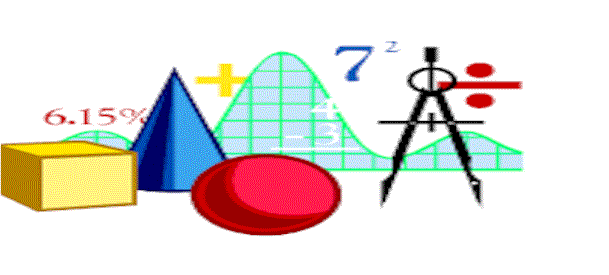
|
Example Brick isEqual 018
|
Description
These examples check if the values of the first Brick
is equal to the corresponding value of the second
Brick. If they are, the function returns true, otherwise, it returns false.
Details
| (define nameList (new Brick: 2 Name:Object:3))
|
Returns: #<Record 123456>
|
The copied brick has a different Object ID than the original brick.
| (copy nameList)
|
Returns: #<Record 234567>
|
The copied Brick has the same values as the original Brick.
| (isEqual #<Record 123456> #<Record 234567> ) |
Returns: true
|
The isEqual function returns false for Records with different field values.
| (define nameList2 (new Brick: 2 Name:Object:1 Mortgage:Number:4 Payments:Number:9)) |
Returns: #<Record 345678>
|
| (isEqual nameList nameList1 ) |
Returns: false
|
Related Examples
Here are examples of the isEqual function at work.
Function Links
Here is the link to the current function used in this example.
isEqual
Here are a number of links to other related functions.
Argument Types
Here are the links to the data types of the arguments used in this example.
Here are a number of links to examples having similar argument types.

|
Analytic Information Server (AIS)
AIS Component Systems
- Smartbase Engine
- QT C++ Libraries
- MySQL Relational Database
- AIS Lisp Libraries
- Rapid Analytic Demo IDE
|


